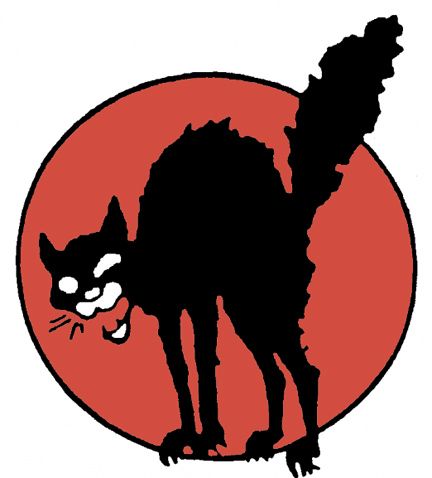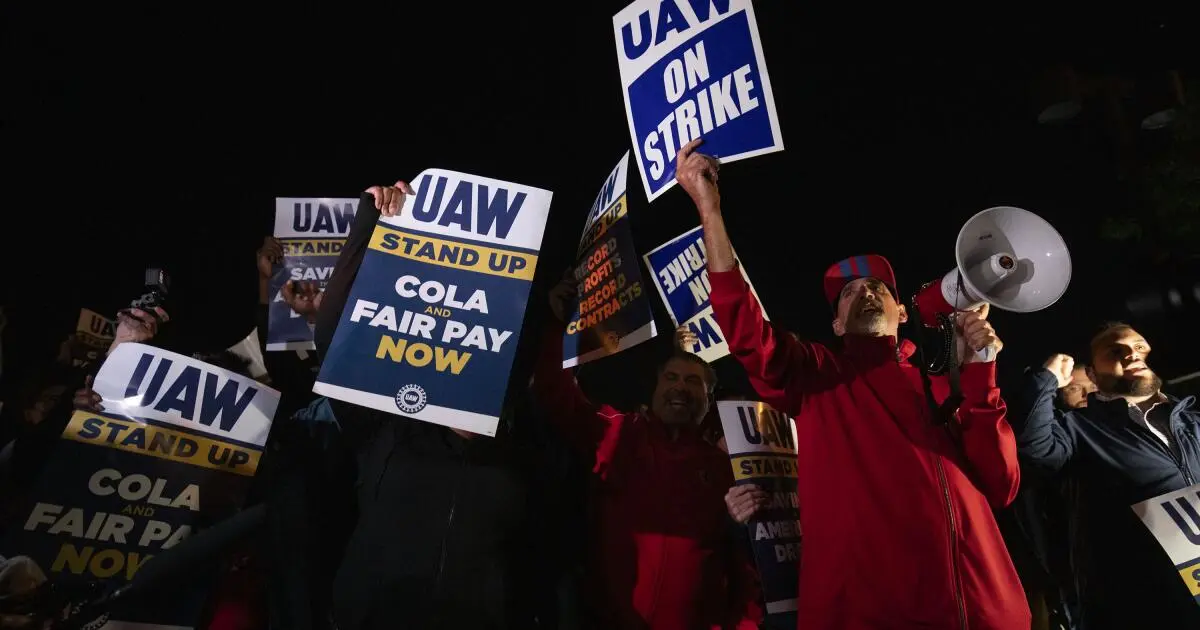I almost wish I was the union president… I would employ a guerilla warfare type of tactic where instead of closing key plants, I would just have had specific employees go on strike to halt production. Legally you might have to create unions within the organization, sort of like they have in schools with teachers/paras/Etc. but I don’t think anything prevents linking bargaining power. So you can remove key pieces of the cog and stop most production, while only having to have a smaller percent having to take union funds striking.
Maybe the companies will start cross-training, but that’s not so bad. Paid training is good for the union it only makes each employee even more valuable, and you can always remove other pieces of the cogs later on.
Good idea but cross training threatens the number of jobs you try to keep for your union employees. I worked for a company with a toxic union culture (I am so so pro unions) but they wouldn’t let you train a more recently employee who wanted to do the job before you trained an employee who barely lifted a finger but was protected with the union because seniority. It kinda jades you but in the end the power of many out weighs the few and there were many perks of the company having unions.
It had union groups within the union and no way did they allow cross training.
I just think if you managed it well enough, there wouldn’t be time to do it without costing the company tons of money. Just do rolling strikes and keep picking different cogs. People like to think all of these jobs are rote, they are mostly not. And for those roles… they are your hammer. That you use to strike with when it’s really needed, and you call them all home. I am not saying never completely strike, just start the strike strategically for some time, until the company tries to adapt, then pull all the guns.
(As a random tangent it’s extremely frustrating how white collar workers seem to be allergic to the idea of unionization. There should at least be a group of “analyst” unions, I guess they don’t want to see themselves as information “grunts”)



